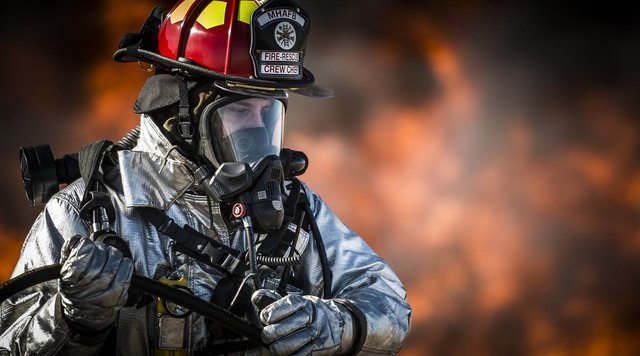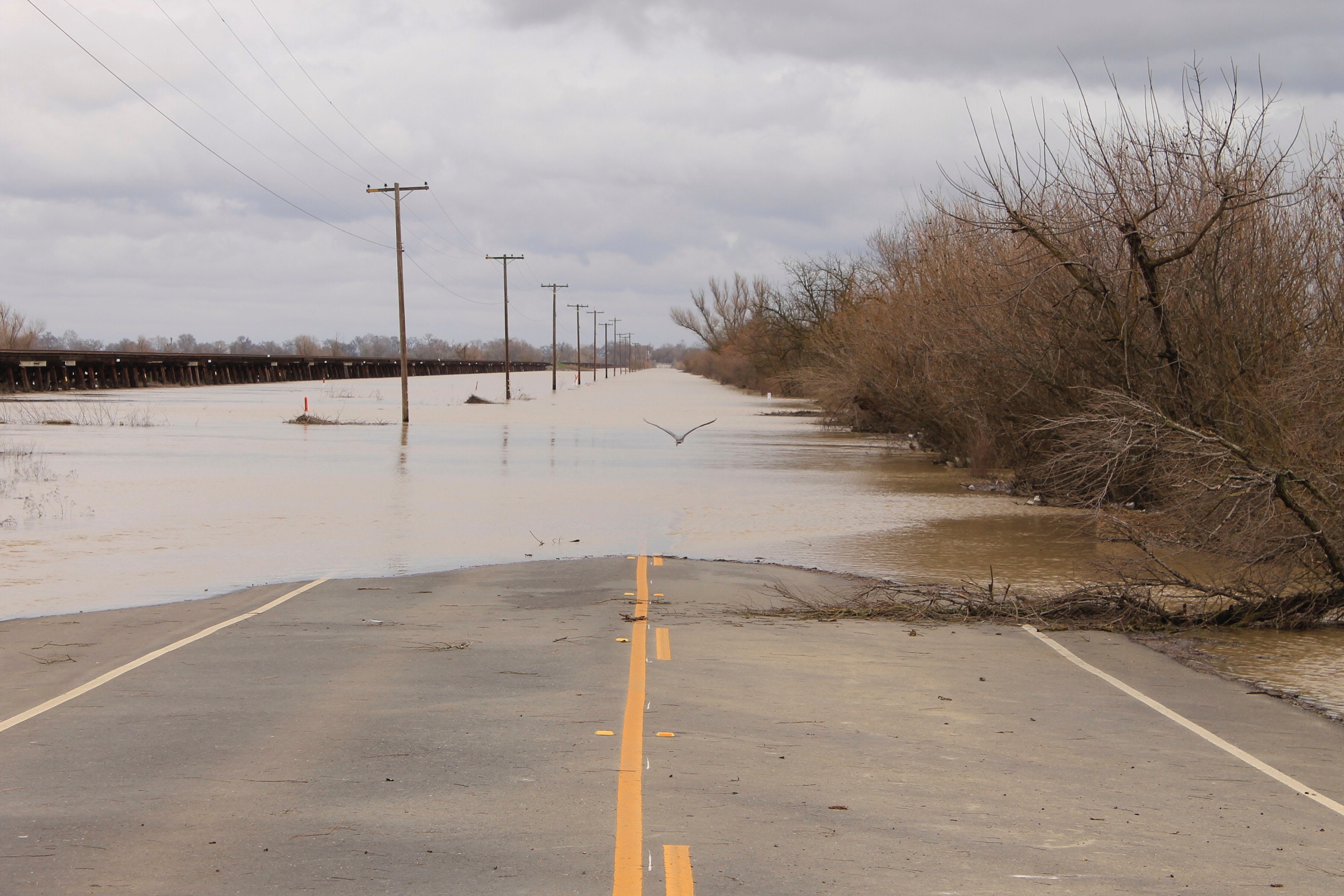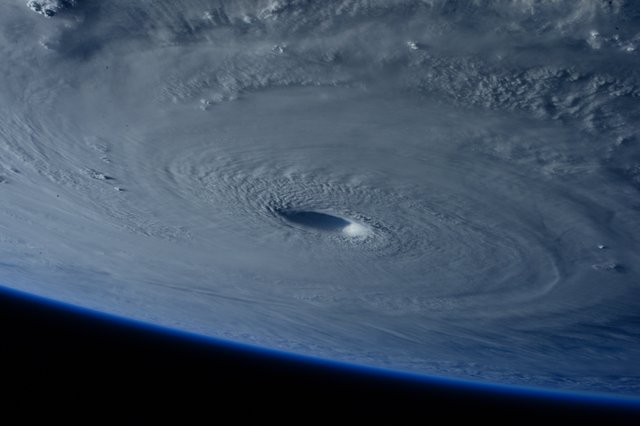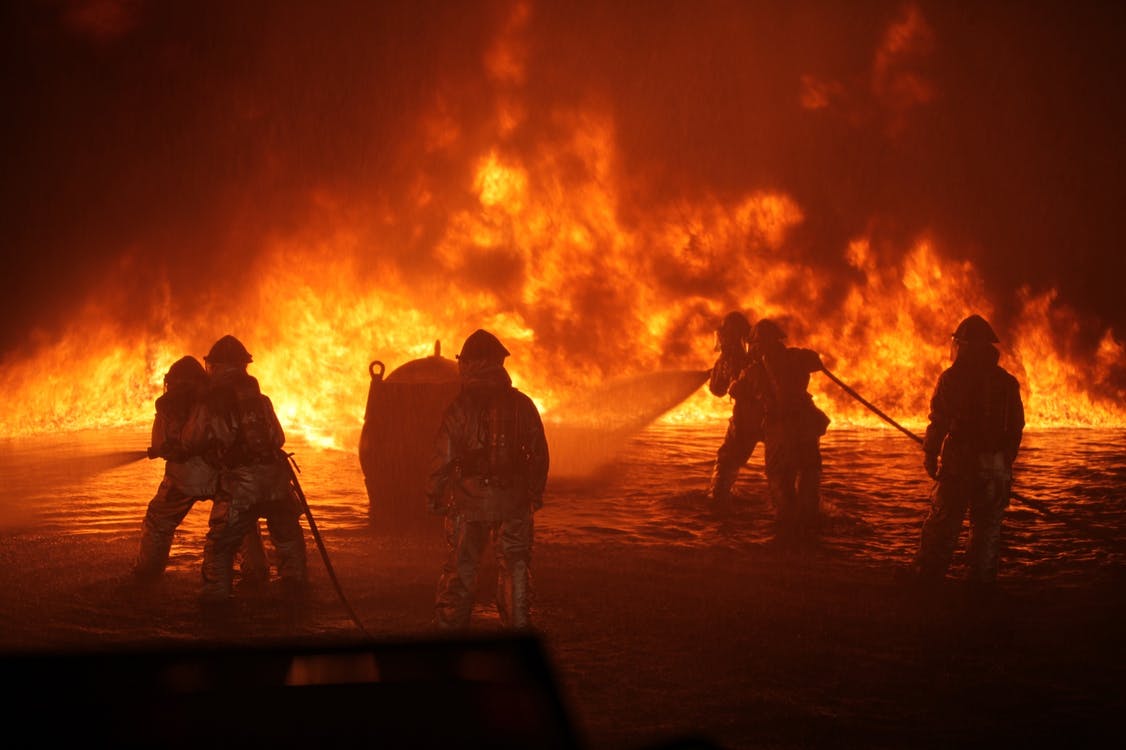How To Prepare For An Evacuation

How ready are you to leave your house in case of an emergency?
Whether it is a hurricane, wildfire or a broken main gas line, having an up to date checklist for an evacuation is key. Some events, you have hours to days to plan out how to leave your home and get all packed up to roll out, while others, such as a broken gas main to a nuclear power plant incident, like the one we saw in Fukushima, can come with no early warning. Suddenly being told that you have to leave your home is absolutely NOT a time to be making any important decisions regarding what you take with you.
Since there are 2 types of emergency evacuations, Urgent and Planned, it calls for 2 kinds of plans. An urgent evacuation is when you have no time to think, you can only react to the situation thrown at you. If you have considered an event could happen to you, you need to have a plan and have rehearsed it with your family. With enough rehearsal, it will become almost like muscle memory and allow the things that need to be done to become automatic.
An example of a plan that should be automatic is what your family does in case of a possible fire. Say it is late at night and you smell smoke. Your whole family, especially any children, need to know exactly what to do to avoid inhaling smoke, which route to take out of the house, and were to meet up once outside. You don't have time to be running around the house, grabbing your valuables and important documents, or switching into clothing suited for the temperature outside.
A few tips to help plan for a urgent evacuation:
Have every member of the family have a bug out bag or last minute bag, whichever term you prefer. In the bags, there should be some cash, small valuables, couple days of clothing for both summer wear and winter wear with an extra pair of shoes, medication if they take any, copies of important paperwork, some food and water.
Have a pets bag which should have food, water, medications, bedding, food and water bowls and if your pets need to be transported in a crate or trailer, place them in the crate and some trailers have a small compartment that you can put these things in.
Keep your emergency bags in a location that you can easily access, such as in a mud room, near the front door, a hallway closet or by the back door. Kits can be kept in the trunk of your vehicle along with a case of water.
Have physical maps with multiple routes to leave your area.
Get into the habit of having your vehicle's gas tank topped off. Just one less thing to worry about if you have to get out now.
Practice evacuation drills, no matter how silly it makes you feel. Knowing that you and your family knows what to do and grab in a timely fashion can put some ease on your mind knowing you family is ready. Even in the drill, emphasize that people get out first and is more important then any belonging or even a pet.
Have a list in the bags of things that have to be grabbed. That way your not stuck searching for something that isn't something you have to have.
In urgent evacuations, the longer you wait to get out, the more likely you are putting yourself and your loved ones in danger. You can get caught in major traffic jams as other last-minute evacuated people are panicking to get out of harm's way also. You could have a very narrow window of time to get out before you become trapped by the very event that is causing the evacuation, such as sudden wildfire or flooding from a dam break.
The planned evacuation is a wait-and-see event that could happen in your area. An example is a wildfire. It is a terrifying natural disaster that can bring huge amounts of damage, if not wipe entire towns off the map. But being able to track where the wind is blowing gives a decent degree of accuracy on where the fire will spread.
There are many other scenarios that allow us for time to think, look over plans, and get to safety, while beating the crowds as well. Examples are:
- Hurricanes- often have days sometimes over a week to plan and if it is better to stay or leave.
- Rising floodwaters- unlike a flash flood, you often have hours to plan and get out
- Earthquake- if your home is damaged to the point it is unsafe to be in
- Any storm that has a ridiculous number put to it such as "100 year storm" or "1000 year storm"
- Volcanic eruption- normally has some warning before erupting, but some have erupted without warning.
- Wildfires- news of one being in the local area is enough to get your plan together if you have to put it in action
- Zombies- okay this one is a little funny, but if your ready for zombies, you should be ready for anything.
Tips for a planned evacuation:
Pick a date on your calendar to review and refresh all emergency kits, roughly every 6 months. I change mine on Easter and on Halloween just a easy way for me to remember.
Have a couple ways to get information; your cell phone and a small portable charger, and a hand cranked/solar powered radio that you can keep up whats going on in your local news area.
Your phone can be a very valuable resource. You can install apps that provide alerts for inclement weather, earthquakes, and hurricanes.
Protect your home the best you can while you are gone. You have time to board up the windows, shut off the gas, trim trees back, etc.
If you have large animals, such as horses, and are unable to take them with you, contact several locations that could provide some temporary shelter and make it part of your emergency evacuation plan.
Get to know your neighbors. This should be done way before any disaster. Get phone numbers from them so you can keep in touch and update one another with news. This will be important if you do evacuate and your neighbors did not and want to know how your home and neighborhood are faring.
Keep your vehicle topped off with fuel. This was in urgent evacuations as well, but it's very important so you won't have to wait hours just to get gas. Saves you time and stress.
Being ready for anything coming your way.
If you prepare for either one of the kinds of evacuations, you are way ahead of the rest of people waiting last minute to leave and forgetting vital documents, or a irreplaceable family heirloom. Even preparing for one event prepares you for most. The only difference between the two kinds of evacuation is the amount of time you have to leave. Ultimately YOU are the one that needs to make the call to get out now or wait to see how things will unfold.
Know what kind of events are likely to happen in your area and start planning and preparing. You will thank yourself later.




Real food for thought. I think I'm going to have to get my finger out and figure this out for us!
Great info ... my daughter and her s.o. have boarded up their house and are on the way to ... I have no idea !! "sigh"
Congratulations @antiquecourtyard! You have completed some achievement on Steemit and have been rewarded with new badge(s) :
Click on any badge to view your own Board of Honor on SteemitBoard.
For more information about SteemitBoard, click here
If you no longer want to receive notifications, reply to this comment with the word
STOPgracias por la información, esta interesante, ya que una emergencia puede ocurrir, en cualquier momento, y hay que estar preparado @antiquecourtyard
Great post.
upvoted and followed you if you like salaheldeen0 please upvoted and follow me lets help each other :)
This is great! Thank you!
I am in St Petersburg Florida. Watching the hurricane on the local news. Main thing is to plan ahead instead of waiting until it is too late.
Love this! Thank you for sharing.
Congratulations @antiquecourtyard! You have completed some achievement on Steemit and have been rewarded with new badge(s) :
Click on any badge to view your own Board of Honor on SteemitBoard.
For more information about SteemitBoard, click here
If you no longer want to receive notifications, reply to this comment with the word
STOP